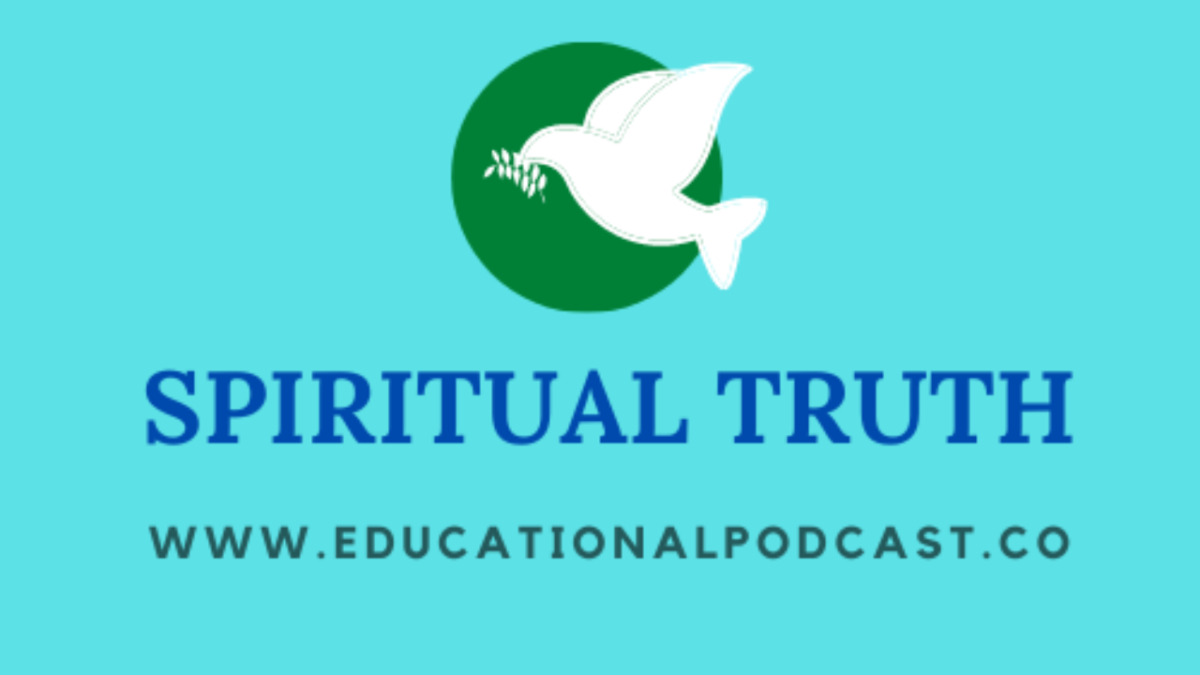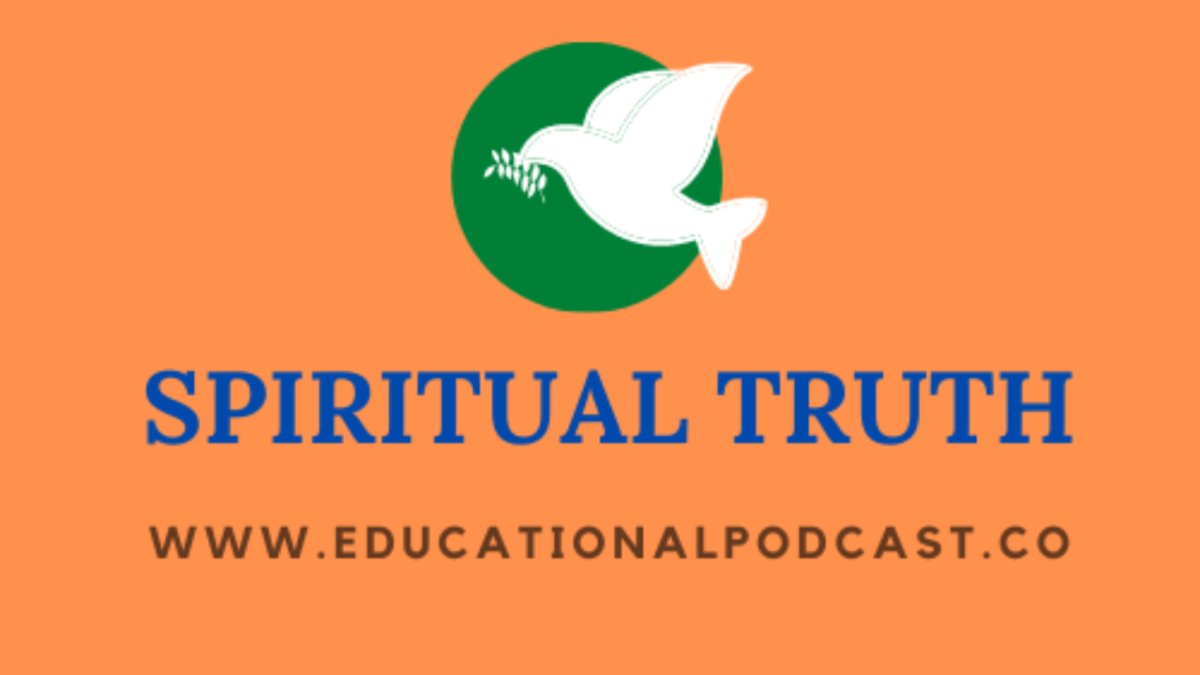Celebrating the Holy Day of Shavuot, aka Feast of Weeks or Pentecost, through the lens of the Bible
What is Shavuot, Feast of Weeks, or Pentecost Holy Day About?
Hello and welcome to Educational Podcast, your podcast home for always free and genuine Bible truths! I’m Elder Dan, your host. Today’s episode will be a quick one where I’ll talk about Yahweh’s command to observe His sacred feast of Shavuot. What is this holy day all about, you might ask? Well, Shavuot, known as the Feast of Weeks or Pentecost, is a sacred celebration rooted in the Bible, a divine appointment that resonates with profound spiritual significance for all humanity. Far from being an exclusively Jewish observance, Shavuot is one of Yahweh’s eternal holy days, instituted in Scripture as a universal call to honor His covenant, reflect on His provision, and rejoice in His presence. Commanded in the Torah and fulfilled in the New Testament, this sacred feast invites every believer to commemorate Yahweh’s timeless gifts—His law, His harvest, and His Spirit—every year, for all time.
If you would rather listen to this, just click the play button below. 🙂
Episode is also available to listen free in other Pod Networks below.
The Biblical Foundation of Shavuot
In the Bible, Yahweh instructs His people to observe this feast as a perpetual statute: It says, “You shall count seven weeks… Then you shall keep the Feast of Weeks to Yahweh your Elohim, with the tribute of a freewill offering from your hand, which you shall give as Yahweh, your Elohim, blesses you.” (Deuteronomy 16:9-10). This divine command, given to Israel at Mount Sinai, is not limited to a single people or era. Yahweh’s feasts, including Shavuot, reflect His universal plan for humanity, a rhythm of worship meant to unite all who seek to honor Him. As a “holy convocation” as mentioned in Leviticus 23:21, Shavuot calls for rest, reflection, and communal celebration, emphasizing its enduring relevance.
A Feast of Harvest and Revelation
Shavuot carries a dual significance, intertwining Yahweh’s provision in the physical and spiritual realms. In ancient Israel, it was a harvest festival, a time to offer the firstfruits of the wheat harvest to Yahweh in gratitude for His sustenance (Exodus 34:22). Farmers brought their choicest crops to the Temple, acknowledging that every blessing flows from the Creator’s hand. This agricultural aspect reminds us of our dependence on Yahweh’s provision, a truth that transcends culture and time.
Yet Shavuot is far more than a harvest festival. Jewish tradition associates it with the giving of the Torah at Mount Sinai, when Yahweh’s voice thundered from the mountain, delivering the Ten Commandments and establishing His covenant with His people (Exodus 19-20). This moment marked a divine encounter, where humanity received Yahweh’s eternal instructions for righteous living. Shavuot, therefore, is a celebration of revelation, a time to recommit to Yahweh’s Word as the foundation of life.
Pentecost: A Universal Outpouring
In the New Testament, Shavuot takes on an even deeper dimension as the day of Pentecost, when the Holy Spirit descended upon the disciples in Jerusalem (Acts 2:1-4). This dramatic outpouring fulfilled Yahweh’s promise to write His law on the hearts of His people (Jeremiah 31:33) and extend His covenant to all nations. The Spirit empowered believers to proclaim the Gospel, breaking down barriers of language and culture as thousands came to faith (Acts 2:41). Pentecost reveals Shavuot’s universal scope: it is not merely a Jewish feast but a divine invitation for all people to experience Almighty Yahweh’s presence and power.
The connection between the giving of the Torah and the giving of the Spirit underscores Shavuot’s timeless message. Yahweh’s law, once inscribed on stone, is now written on human hearts through the Holy Spirit, uniting Jews and Gentiles in a shared covenant. As the Apostle Paul writes, “There is neither Jew nor Greek… for you are all one in Messiah Yahshua” (Galatians 3:28). Shavuot reminds us that Yahweh’s feasts are for all who call upon His name.
Why Shavuot Matters Today
Yahweh’s command to observe Shavuot “for all time” (Leviticus 23:21) is a call to every generation. In a world often disconnected from its spiritual roots, Shavuot offers a sacred pause to realign with Yahweh’s purposes. It invites us to: Give Thanks for Almighty Yahweh’s Provision, Recommit to Yahweh’s Word, Celebrate the Holy Spirit’s Power, and Unite as Yahweh’s People.
How to Observe Shavuot
Celebrating Shavuot can be a joyful and meaningful experience, whether individually or in community. Here are some ways to honor this holy day: Study and Reflect on Yahweh’s Word, Offer Gratitude to Yahweh, Gather in Community to join with others for worship, prayer, and fellowship, Enjoy Kosher or Non-Pork Foods, Pray for Renewal and Outpouring of the Holy Spirit, asking Almighty Yahweh to empower you for His purposes.
A Call to All Humanity
Overall, Shavuot is not a relic of the past or a holiday exclusive to one group. It is Almighty Yahweh’s sacred feast, a universal call to celebrate His provision, His Word, and His Spirit. As we observe Shavuot each year, we join a timeless rhythm of worship that spans generations and nations, fulfilling Yahweh’s command to keep His feasts forever. Let us embrace this holy day with joy, gratitude, and anticipation, knowing that we are part of Yahweh, our Father in heaven’s eternal covenant with all humanity.
Click here to read and learn more about this amazing Bible topic.
This Feast of Weeks or Pentecost, may we stand in awe of Father Yahweh’s faithfulness, recommit to His truth, and carry His light to the world. From all of us here at the Educational Podcast, we greet you with love and shalom. This is Elder Dan, signing off now. Chag Sameach—Happy Shavuot! Kindly share with others for blessings.

